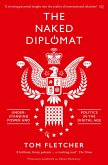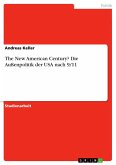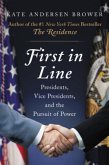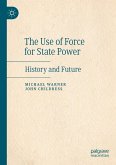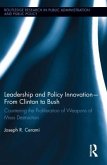The decision to mount an armed foreign intervention is one of the most consequential that a US president can take. This book sets out to explain why and when presidents choose to use force. The book examines decisions to use force throughout the post-Cold War period, via flashpoints including the Balkans, the 'War on Terror' and the Middle East. It develops new explanations for variation in the use of force in US foreign policy by theorizing and demonstrating the effects of the displacement and repression of ideas within and across different US presidential administrations, from George H.W. Bush to Donald Trump. For students, scholars and anyone with an interest in international relations and global security, this book is an original perspective on a defining issue of recent decades.




